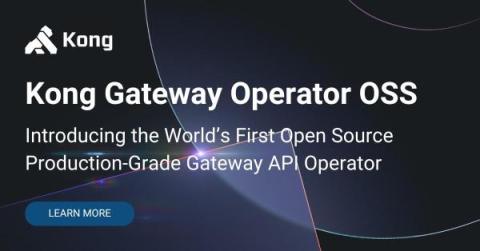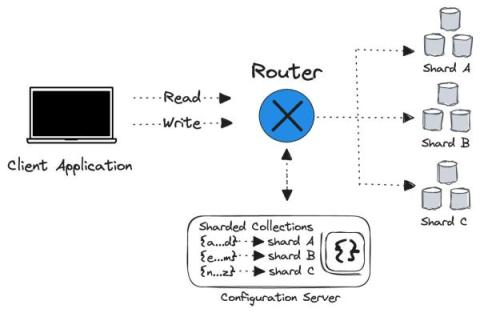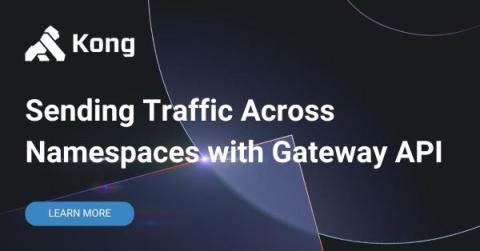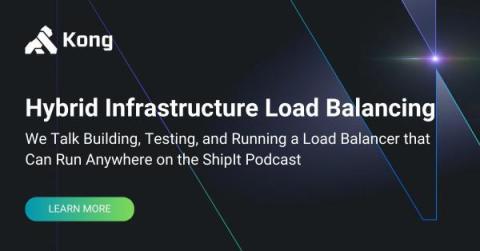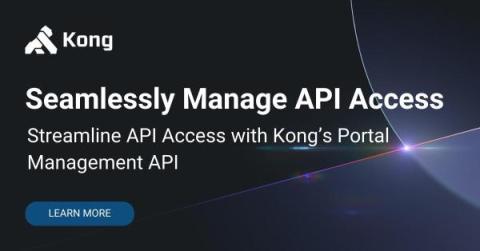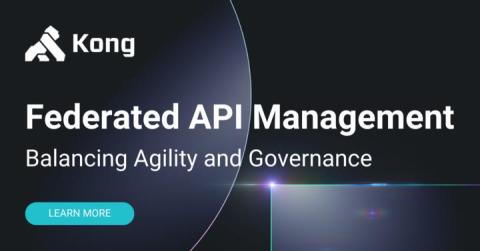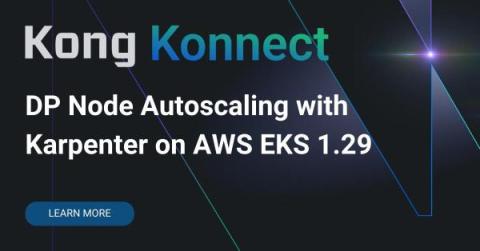Introducing the World's First OSS Production-Grade Gateway API Operator
Today’s the day you’ve all been waiting for: Kong Gateway Operator OSS is here. You can read the code and see what a production-grade Kubernetes operator looks like. Authored by multiple Gateway API contributors, Kong Gateway Operator is the de-facto reference for Gateway API implementers on Kubernetes. Kong Gateway Operator (KGO) 1.2 brings six new features plus a brand new Helm chart that allows you to deploy KGO using tools that you already know and love.


